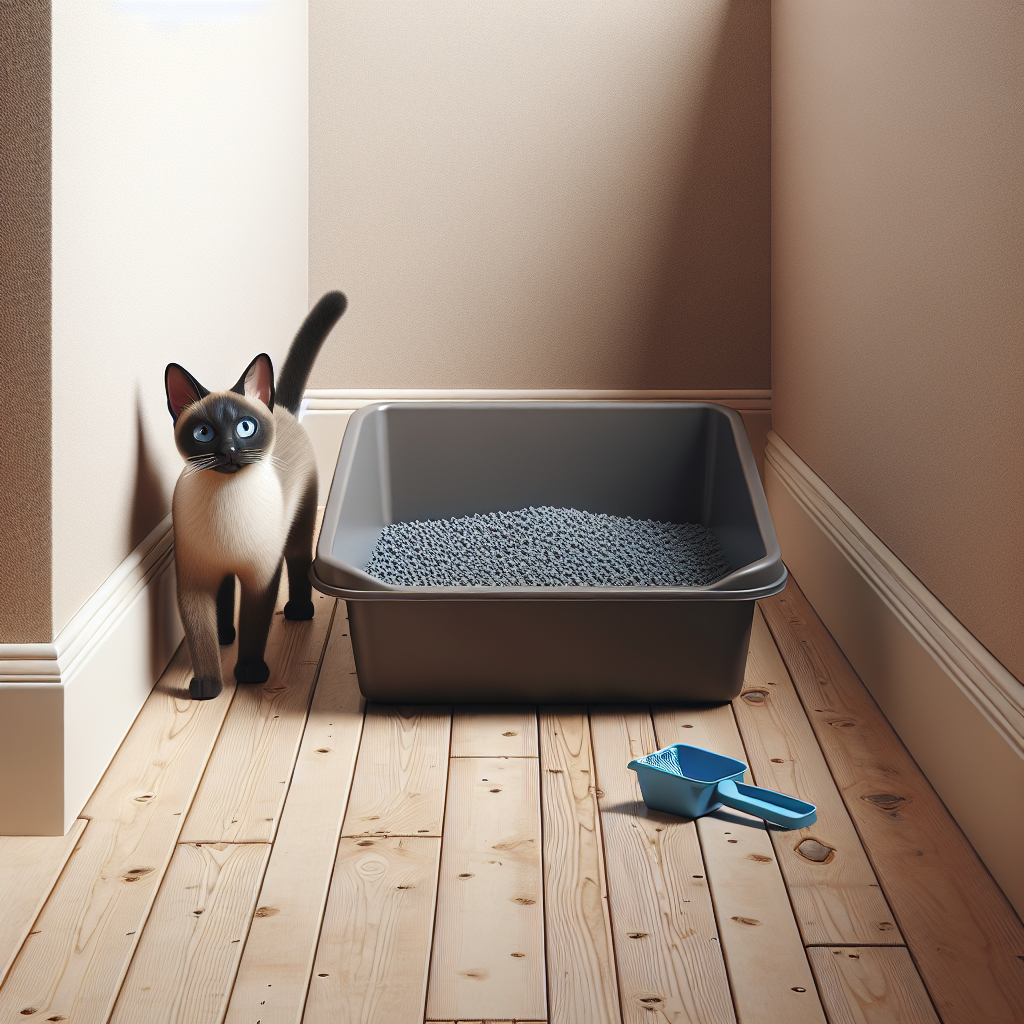
Cat Litter and Pregnancy: What You Need to Know
Share
Cats are wonderful companions, but if you’re pregnant, there’s one thing you need to be cautious about—cat litter. Many pregnant women worry about the potential risks associated with cat litter and the safety of keeping their furry friends. This article will break down everything you need to know about cat litter and pregnancy in a simple, friendly tone, providing actionable tips to keep both you and your baby safe.
What’s the Big Deal About Cat Litter During Pregnancy?
Cat litter itself isn’t inherently harmful, but it can carry a parasite called Toxoplasma gondii, which causes a disease called toxoplasmosis. This disease can be harmful to your baby, especially if you contract it during early pregnancy. Let’s explore this in more detail.
Understanding Toxoplasmosis
Toxoplasmosis is a condition caused by the Toxoplasma gondii parasite, which is often found in infected cat feces. Most adults who contract toxoplasmosis have mild symptoms or none at all. However, during pregnancy, it can pose risks such as:
- Miscarriage
- Stillbirth
- Developmental issues in the baby
The main way pregnant women are exposed to toxoplasmosis is through cleaning or handling cat litter without proper precautions.
How to Protect Yourself and Your Baby
The good news? You don’t have to give up your cat! There are simple steps you can take to minimize the risks.
1. Avoid Direct Contact with Cat Litter
The easiest way to protect yourself is to let someone else take care of the litter box while you’re pregnant. If that’s not possible, here’s what you should do:
- Wear gloves when handling litter.
- Use a mask to avoid inhaling dust.
- Wash your hands thoroughly with soap and water afterward.
2. Clean the Litter Box Daily
Toxoplasma gondii takes 24 hours to become infectious in cat feces. Cleaning the litter box every day can prevent the parasite from becoming a threat.
3. Keep Cats Indoors
Outdoor cats are more likely to contract toxoplasmosis because they may hunt or come into contact with contaminated soil. Keeping your cat indoors reduces their risk of infection—and yours.
4. Avoid Gardening Without Gloves
Toxoplasma gondii can also be present in soil. If you enjoy gardening, always wear gloves and wash your hands thoroughly afterward.
5. Cook Meat Thoroughly
Although this isn’t directly related to cat litter, it’s worth noting that toxoplasmosis can also be contracted through undercooked meat. Make sure your meals are cooked to a safe temperature during pregnancy.
Can Cats Still Be Your Best Friends During Pregnancy?
Absolutely! Cats bring joy and companionship, and pregnancy shouldn’t change your bond. The key is taking precautions, being informed, and enlisting help where needed.
Here are some additional tips to keep your relationship with your cat stress-free:
- Provide them with a clean, designated space for their litter box.
- Engage in non-contact playtime to maintain their activity levels.
- Keep their vaccinations up to date and schedule regular vet checkups.
Common Myths About Cat Litter and Pregnancy
Myth 1: You Have to Rehome Your Cat
This is not true. Following proper hygiene and safety practices will allow you to keep your cat during pregnancy.
Myth 2: All Cats Carry Toxoplasmosis
Not all cats are carriers of Toxoplasma gondii. Cats that eat raw meat or hunt outdoors are more likely to carry it, but even then, the likelihood is not 100%.
How to Manage Your Cat’s Behavior During Pregnancy
Pregnancy can change your routine, and your cat might pick up on it. Here’s how to manage your cat’s behavior during this time:
- Stick to a routine to reduce stress for your cat.
- Provide enrichment toys to keep them entertained.
- Introduce new caregivers gradually if someone else will be handling their litter or feeding.
Final Thoughts: You Can Have Both!
Pregnancy is a time of change, but it doesn’t mean you have to part ways with your cat. With the right precautions, you can ensure the safety of your baby while enjoying the love and companionship of your furry friend.
Remember, the key is being informed and proactive. Follow these tips, and you’ll have peace of mind throughout your pregnancy journey. And, as always, consult your doctor and veterinarian if you have any concerns.
FAQs
1. Can I scoop cat litter while pregnant?
It’s best to avoid it if possible, but if you must, wear gloves, use a mask, and wash your hands afterward.
2. How common is toxoplasmosis in cats?
Toxoplasmosis is relatively uncommon in indoor cats that don’t hunt or eat raw meat.
3. What are the symptoms of toxoplasmosis?
Most people don’t show symptoms, but some may experience flu-like symptoms such as fatigue, fever, and swollen lymph nodes.
4. Can my baby get infected if I contract toxoplasmosis?
Yes, if you contract toxoplasmosis for the first time during pregnancy, it can be passed to your baby. That’s why prevention is key.
5. How can I test my cat for toxoplasmosis?
A veterinarian can perform a blood test to determine if your cat has been exposed to the parasite.